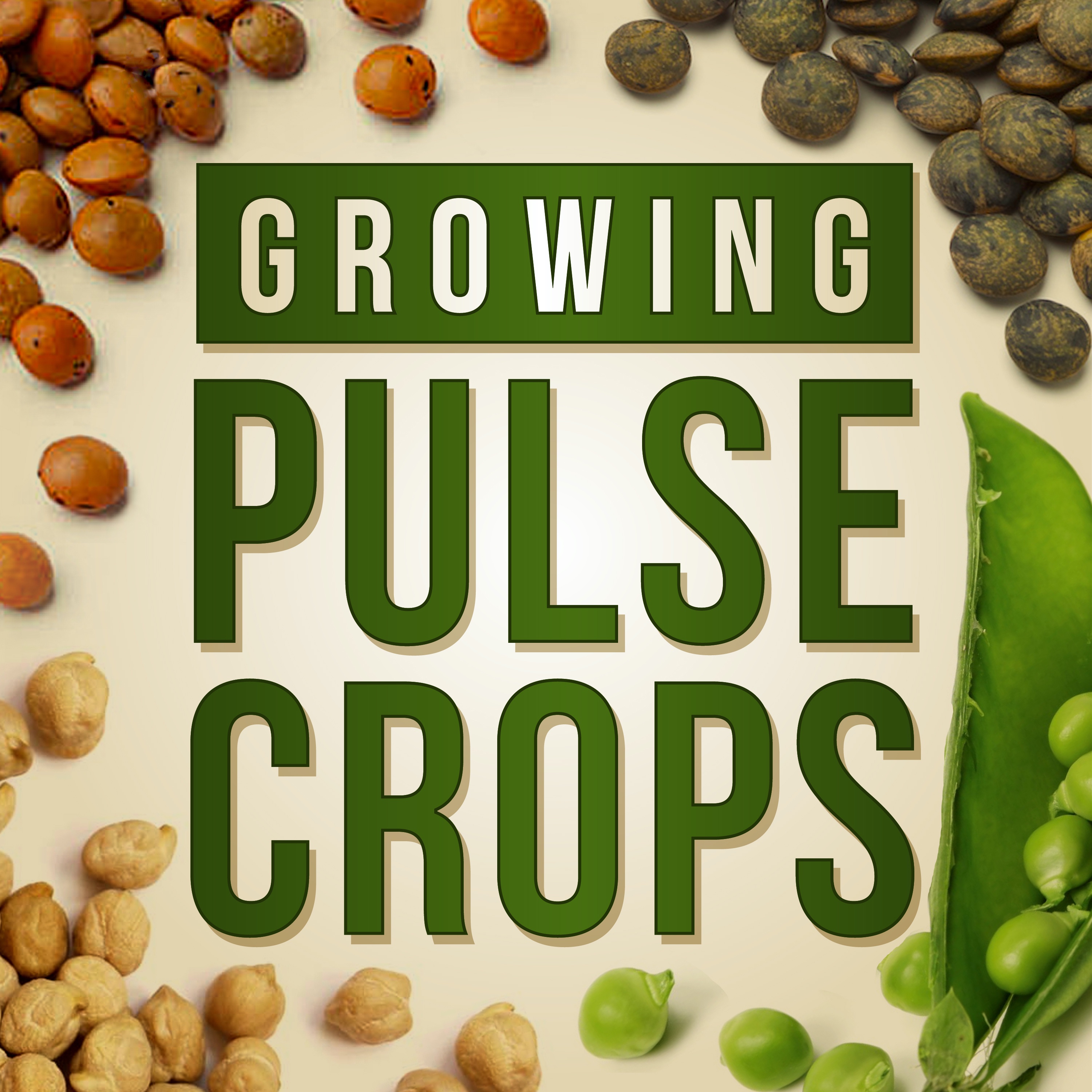Aphids and Grasshoppers with Tyler Wist, Ph.D.
In this episode Dr. Tyler Wist discusses the impact caused by grasshoppers and aphids in pulse crops. Tyler is a field crop entomologist with Agriculture and Agrifood Canada based at the Saskatoon Research and Development Center. He does research on field crop insects to find ways to better protect crops, establish economic thresholds, and identify and understand plant-insect interactions. He starts the conversation with personal insights in grasshoppers.
“The real trouble is when grasshoppers get into a flowering crop. You can have a beautiful green lentil crop and they'll move in and they'll just clip the flower off….If it drops its flowers, you get no pods, then you get no yield. So the grasshoppers like to clip those flowers off, especially in lentils. So our threshold that we use up here in Canada is actually really low.” - Dr. Tyler Wist
With this potential for yield loss, it is important to understand exactly where that threshold should be. Another pest that causes substantial damage in pulse crops is the aphid. Tyler says they started using the cumulative aphid density to identify thresholds and found out that the economic threshold actually comes before the economic injury level. While counting aphids might sound tedious to some, rigorous scouting is of the utmost importance during the susceptible period.
“If you're not careful with aphids at the flowering stage of your fava bean plants, you could lose your whole crop.” - Dr. Tyler Wist
There are so many dynamics at play here including the biology of the insect, field conditions, overwintering, and timing. Tyler said all of this research he is involved in comes together to provide the most accurate economic thresholds possible. Along with continual monitoring, introducing beneficial insects can be an important part of an effective integrated pest management program. Tyler says Field Heroes have a great website with resources for learning more about beneficial insects.
“We're doing the science for you and those economic thresholds are there to help you save money, to know when you don't need to apply insecticides.” - Dr. Tyler Wist
This Week on Growing Pulse Crops:
- Meet Dr. Tyler Wist, a field crop entomologist with Agriculture and Agrifood Canada based at the Saskatoon Research and Development Center.
- Explore the effects of grasshoppers and aphids in pulse crops
- Discover the economic thresholds, research and resources available to producers to better mitigate insect pests
Growing Pulse Crops Podcast is hosted by Tim Hammerich of the Future of Agriculture Podcast.

